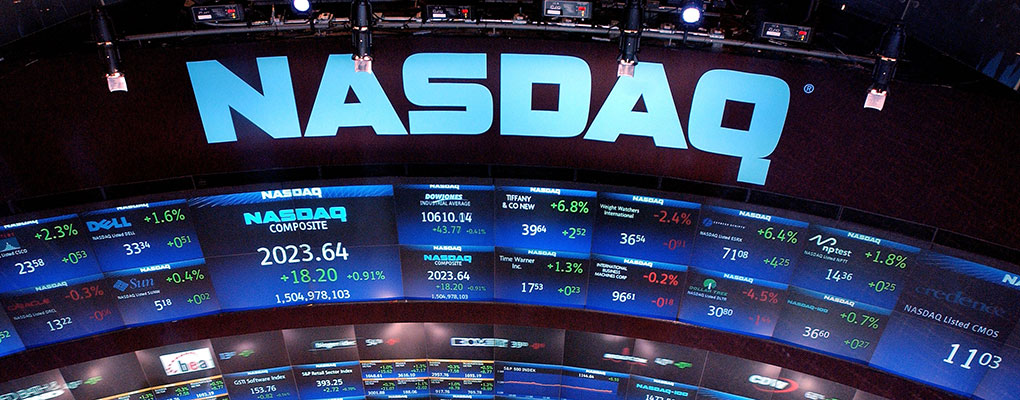
According to the Swedish Competition Authority, in 2010 Nasdaq used its dominant position to inhibit a potential rival’s ability to compete in the market. Burgundy, an electronic trading firm attempted to set up its matching equipment at a data centre in Lunda, Stockholm, where the trading equipment of its customers was also located. However, NASDAQ blocked the move – which would have placed Burgundy in direct competition with it.
Until the 2007 deregulation of European markets, the NASDAQ OMX Nordic marketplace had a near monopoly
According to the Swedish watchdog, NASDAQ “used coercive methods to exclude Burgundy from the data centre… where the matching engine of NASDAQ OMX’s Nordic marketplaces is located, along with the equipment of a large number of traders.”
This weakened Burgundy’s ability to compete, as they were forced to locate their matching equipment elsewhere. Further proximity between its own matching equipment and that of its trading customers means physically longer internet cables, creating a greater time-lag between trades, even if only a fraction of a second, putting the firm in a weaker market position.
Competition Authority Director-General Dan Sjöblom said NASDAQ’s exclusion of Burgundy amounted to an “[a]buse of a dominant position by foreclosing a new entrant from the market [which] is a very serious violation of the competition rules.” As a result, the exchange operator is being fined $3.7m in penalties and fines, following an extensive investigation that began with a dawn raid in June 2011.
Until the 2007 deregulation of European markets, the Nasdaq OMX Nordic marketplace had a near monopoly. However, the NASDAQ OMX Nordic Stock Exchanges held a dominant position in Scandinavian markets. At the time of the transgression, its operations amounted to between 73 and 86 percent of equity trades in Sweden, Finland and Denmark.


